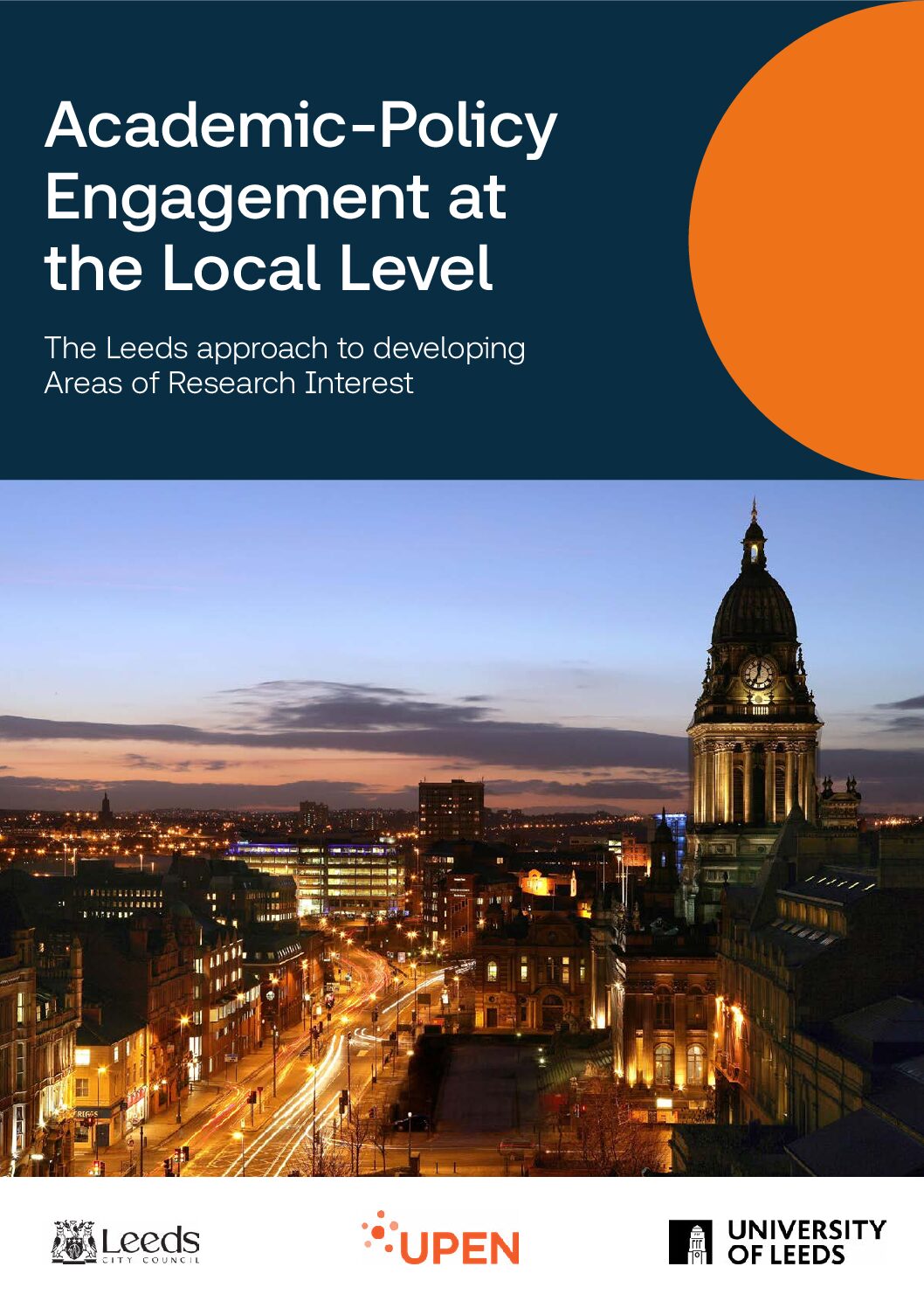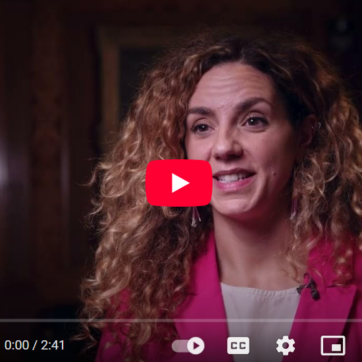From CAPE’s experience convening the Local and Regional Authority Academic Advisers (LRAAA) network, alongside the Department for Levelling Up, Housing and Communities and the Government Office for Science, this report shares learning on advisory roles at the local and regional level.
Find out more about:
- The Local and Regional Authority Academic Advisers (LRAAA) network
- The value of academic adviser roles
- Case studies from Greater London Authority, Essex County Council, Southampton City Council & Yorkshire Universities
- Practical considerations for creating and sustaining academic adviser roles in local and regional authorities
Key insights from the report:
- Academic Advisers generate a significant number of benefits from dedicated research capabilities to acting as general knowledge brokers
- A dedicated network structure is required to maximise the potential value of academic advice and enable collaboration
- Collaboration between Academic Advisor roles will improve practice, solve policy common challenges and improve the use of science advice in local and regional settings
About CAPE
Capabilities in Academic Policy Engagement (CAPE) is a knowledge exchange and research project funded by Research England from 2020-2024, which has been exploring how to support effective and sustained engagement between academics and policy professionals. The project is a partnership between UCL and the Universities of Cambridge, Manchester, Northumbria and Nottingham in collaboration with the Government Office for Science, the Parliamentary Office for Science and Technology, Nesta and the Transforming Evidence Hub.


